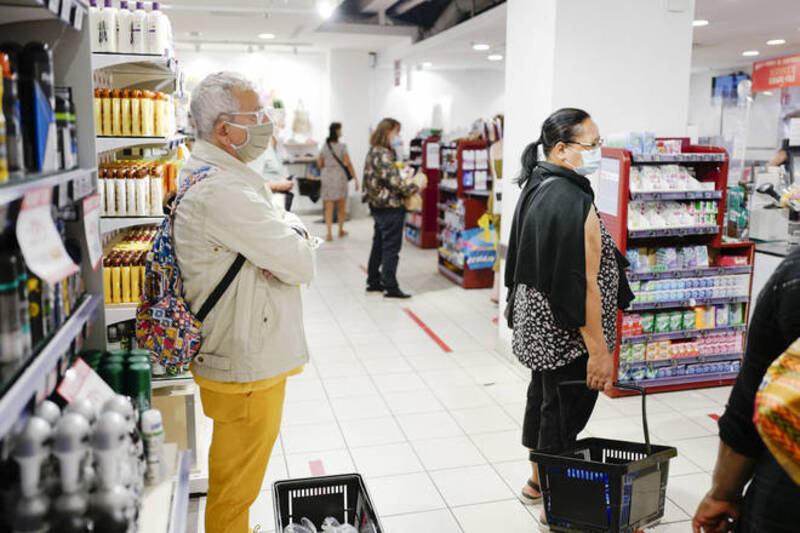
Face Masks - the importance of wearing them and how they can prevent the spread of Covid
Throughout the past four months, we have had to adjust to new ways of working, shopping and just about everything else. It’s been a slow process, but one we are gradually getting used to.
Up until Friday (24/7), although it was advised, the general public were left to their own devices where the use of face masks was concerned. Many chose to wear one to protect themselves and others, while some opted to go without.
In recent months, there has been speculation as to whether masks can help prevent the spread or whether they do more harm than good. According to the World Health Organization (WHO), “non-medical face coverings should be worn in public where social distancing is not possible. There is also emerging evidence of airborne transmission of the virus, with tiny particles hanging in aerosol form in the air. Homemade cloth face-coverings can help reduce the spread from people who are contagious but have no symptoms or are yet to develop symptoms.”
While wearing face masks on public transport has been mandatory for a number of weeks, new face covering rules were put into place, starting last Friday. The rules state that unless an individual has a valid reason for not wearing one, all members of the public must cover their face while in enclosed areas. Areas such as supermarkets, on public transport, shopping centres, post offices and banks all apply. Although employees in such areas are encouraged to support these regulations, they must leave the enforcement to the police who can fine individuals up to £100.
According to government guidelines, face coverings should cover the nose and mouth and should securely fit the face without having to be held in place. This is just another example of the ‘new normal’ we’re currently adjusting to and one rule which may be in place for months to come.
